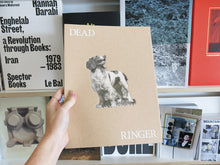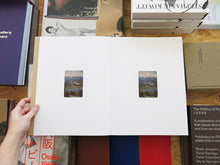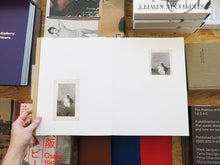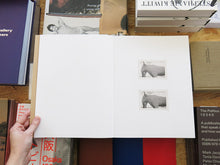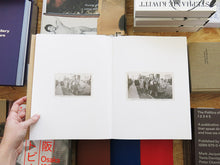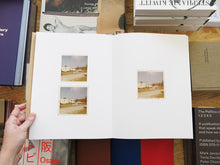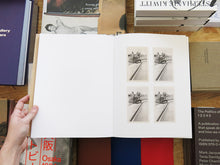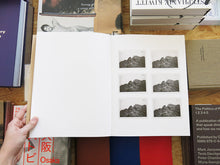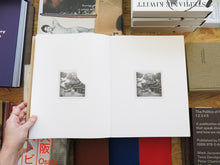
In this digital world the tactility of the printed past becomes ever more intriguing. To consider where all these photos are, where they go, and what they mean is to tap into endless human histories, both big and small. Today there are almost too many images to process, make sense of, or to give proper attention. Even so, over the last one hundred plus years a wonderful trove has been left behind with which artists can create new worlds. Fetishizing and reevaluating vintage, vernacular photos has a well-trodden tradition. To find new insights and unique perspectives on the genre is rare. But even rarer is to find disparate images that have had separate journeys around the world only to reconvene back here in this collection.
Working together for the past seven years, Yael Eban and Matthew Gamber have collected the pairs of vernacular photographs found in Dead Ringer in thrift stores, antique markets and on eBay. Either sold as pairs or found separately from different sources, the fruits of the artists’ search highlights the slight variations of the photographic prints and the individual history each has taken. The images’ origins might have begun identically but almost immediately the trajectory of their printed lives veered into distinctly separate directions. Who carried one of these sacred prints in their wallet or kept one framed beside their bed? All to be heaped into a pile of countless other photographs at an estate sale after their passing. Who are these lovers and companions? What are these cherished places? What occasions (momentous or banal) necessitated this documentation? Dead Ringer presents a closer look at the individual journeys of these prints and inspires profound questions about the very object-ness of photography’s earlier life. An essay by historian and curator Clément Chéroux further reveals the mystery of these twin images.
120 pages, 22.8 x 30.5 cm, softcover with exposed binding, TBW Books (Oakland).
Working together for the past seven years, Yael Eban and Matthew Gamber have collected the pairs of vernacular photographs found in Dead Ringer in thrift stores, antique markets and on eBay. Either sold as pairs or found separately from different sources, the fruits of the artists’ search highlights the slight variations of the photographic prints and the individual history each has taken. The images’ origins might have begun identically but almost immediately the trajectory of their printed lives veered into distinctly separate directions. Who carried one of these sacred prints in their wallet or kept one framed beside their bed? All to be heaped into a pile of countless other photographs at an estate sale after their passing. Who are these lovers and companions? What are these cherished places? What occasions (momentous or banal) necessitated this documentation? Dead Ringer presents a closer look at the individual journeys of these prints and inspires profound questions about the very object-ness of photography’s earlier life. An essay by historian and curator Clément Chéroux further reveals the mystery of these twin images.
120 pages, 22.8 x 30.5 cm, softcover with exposed binding, TBW Books (Oakland).








